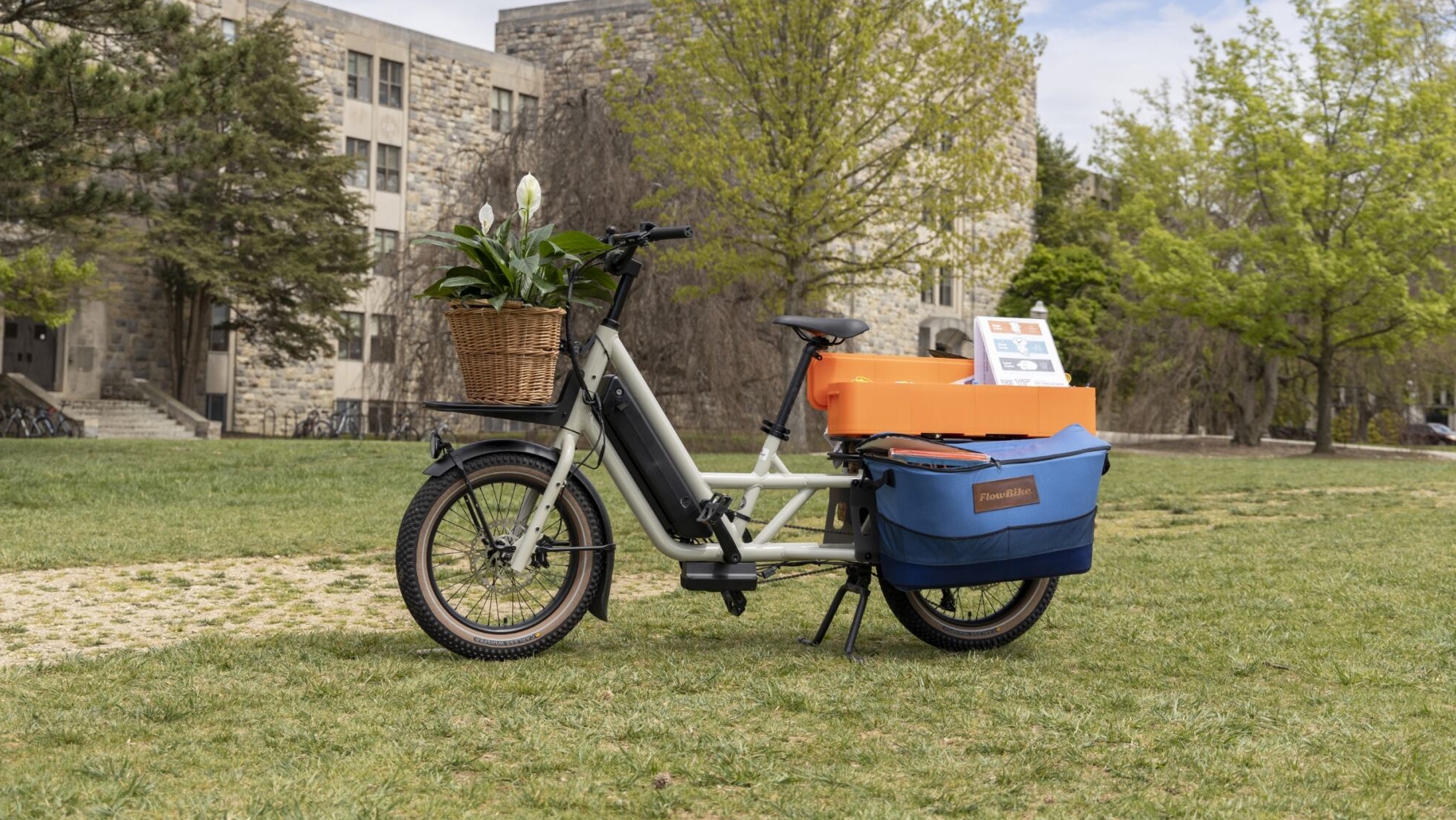CRM VT
Community Resiliency Model

Upcoming CRM Trainings for Employees!
Community Resilience Model (CRM)
Our CRM trains community members to not only help themselves but to help others within their wider social network. We invite you learn more about CRM and join this campus-wide initiative!
From May 2023 to December 2024, approximately 575 employees across 50+ departments and 2400 students within several organizations on campus, have attended a workshop on CRM to learn skills to track and work with their nervous system. Student participants have included Residential Well-being Student Leaders, first year Corps of Cadets, numerous First Year Experience classes, first year graduate students at Fralin Biomedical Institute, vet med, and public health departments, and several other student organizations. Faculty and staff participants range from Advising Initiatives, numerous academic departments, study abroad coordinators, Financial Aid, Newman Libraries, Roanoke student affairs, and dozens more.
The primary focus of this skills-based, stabilization program is to reset the natural balance of the nervous system. CRM Workshops introduce the six wellness skills of CRM designed to help adults and children learn to track their own nervous systems in order to bring the body, mind, and spirit back into greater balance, and to encourage people to pass the skills along to family, friends and their wider community.
CRM VT is a movement to expand campus knowledge of our fight/flight/freeze/fawn responses. We believe if we all know more about how our nervous systems are trying to help us, and ways to regulate our nervous systems, then we can be more effective in connecting with others and handling our daily stressors. We are working to train campus stakeholders and students.
Science Behind CRM
The science behind the CRM model simplifies the autonomic nervous system (ANS), which is what controls our brain and body’s survival response. The ANS connects to every major organ in the body and catalyzes action in response to threats in both our present moment and threats recalled instantly from our past. CRM teaches the science behind our fight, flight, or freeze response through naming the sympathetic nervous system’s fight or flight response the High Zone and the freeze response the Low Zone. CRM’s genius is to normalize these responses and teach us concrete skills to discover what ease feels like in the body, which we can then use as a compass to help us know what we are working to navigate towards when we get bumped in the High or Low Zone. Many of us can describe in detail our High and Low Zone experiences- they tend to arrest attention as they are cues that the body is in threat or overwhelm. CRM attempts to draw attention to sensations of neutrality, ease, or calm, which for many of us, is foreign or novel. Through repetitive practice in using this compass, we can access the brain’s neuroplasticity to rewire towards resiliency.
Zones

- High zone - Edgy, Irritability, Anxiety and Panic, Angry Outbursts, Pain

- Flow zone - Focused, Less Anxiety, Balanced

- Low zone - Depression, Sadness, Isolation, Exhaustion, Fatigue, Numbness
The three zones of CRM are associated with different emotional states. Recognizing how we feel allows us to understand our current zone and is the first step towards self-regulation. By optimizing our time spent in the Flow zone, we strengthen our resilience and overall well-being.
CRM Skills
The six skills of CRM are designed to use our environment and minds to stabilize the nervous system. These include:
- Skill 1 - Tracking: Tracking is noticing or paying attention to sensations - to what is happening inside the body in the present moment.
- Skill 2 - Resourcing: A Resource is any person, place, thing, memory, or part of yourself that makes you feel calm, pleasant, peaceful, strong, or resilient.
- Skill 3 - Grounding: The direct contact of the body or part of the body with something that provides support in the present moment.
- Skill 4 - Gesturing: A movement usually of the body or limbs that expresses or emphasizes an idea, sentiment, or attitude.
- Skill 5 - Help Now!: A shift in your attention using one or more of your five senses.
- Skill 6 - Shift and Stay: Shifting your attention from sensations that are unpleasant to sensations that are neutral or pleasant and staying there.
CRM Training
Join us in this initiative and experience the power of CRM through our dedicated outreach and training programs. Together, we can learn, grow, and build a stronger, more connected, and resilient Virginia Tech community.
Request a CRM training or the CRM bike to come to your meeting, class, or group anywhere on campus.
Request to interview a CRM trainer.
Learn more about upcoming planned CRM trainings for faculty and staff.
Wellness Wakeup
Do your meetings need to be more varied and exciting? It's time to transform them and give more space for nervous system co-regulation! We're excited to introduce Wellness Wake Up Slides, a new range of activities and conversation starters specifically designed to create conversation and connection within your departmental and team meetings or presentations. These thoughtfully curated activities allow meeting leaders to seamlessly integrate well-being practices, encouraging ownership of mental health and allowing participants to ground themselves before delving into the meeting agenda. More than just a temporary fix, these resources promote enduring self-help strategies within the Virginia Tech community and empower them to extend these wellness strategies into their family and friend groups beyond the VT Community.
- Cook Counseling Center shares tools for coping with holiday and finals stress (VT News)
- The Community Resiliency Model, an interoceptive awareness tool to support population mental wellness (Cambridge University Press)
- Science-backed mental health techniques for students’ well-being (Times Higher Education)


